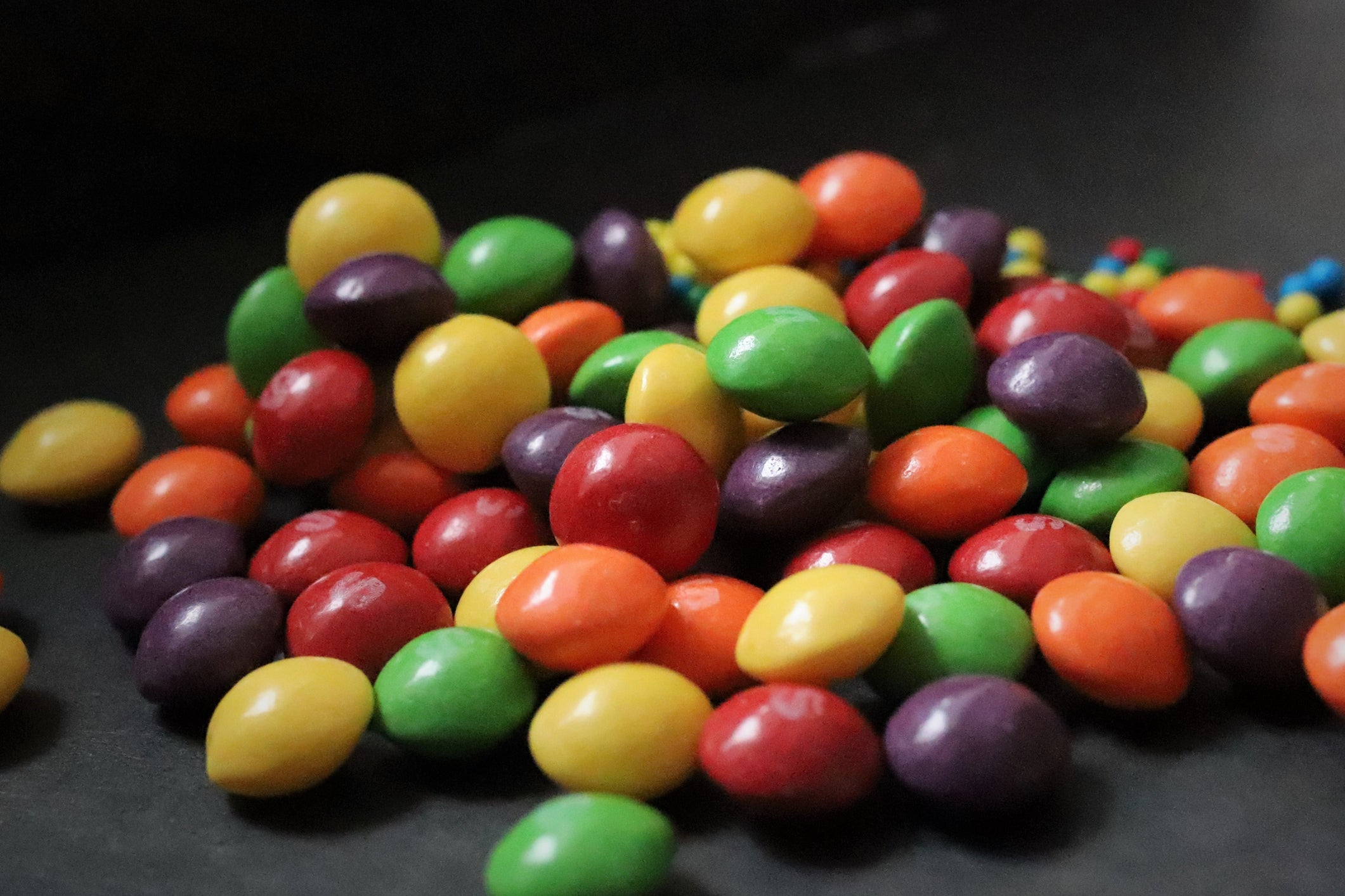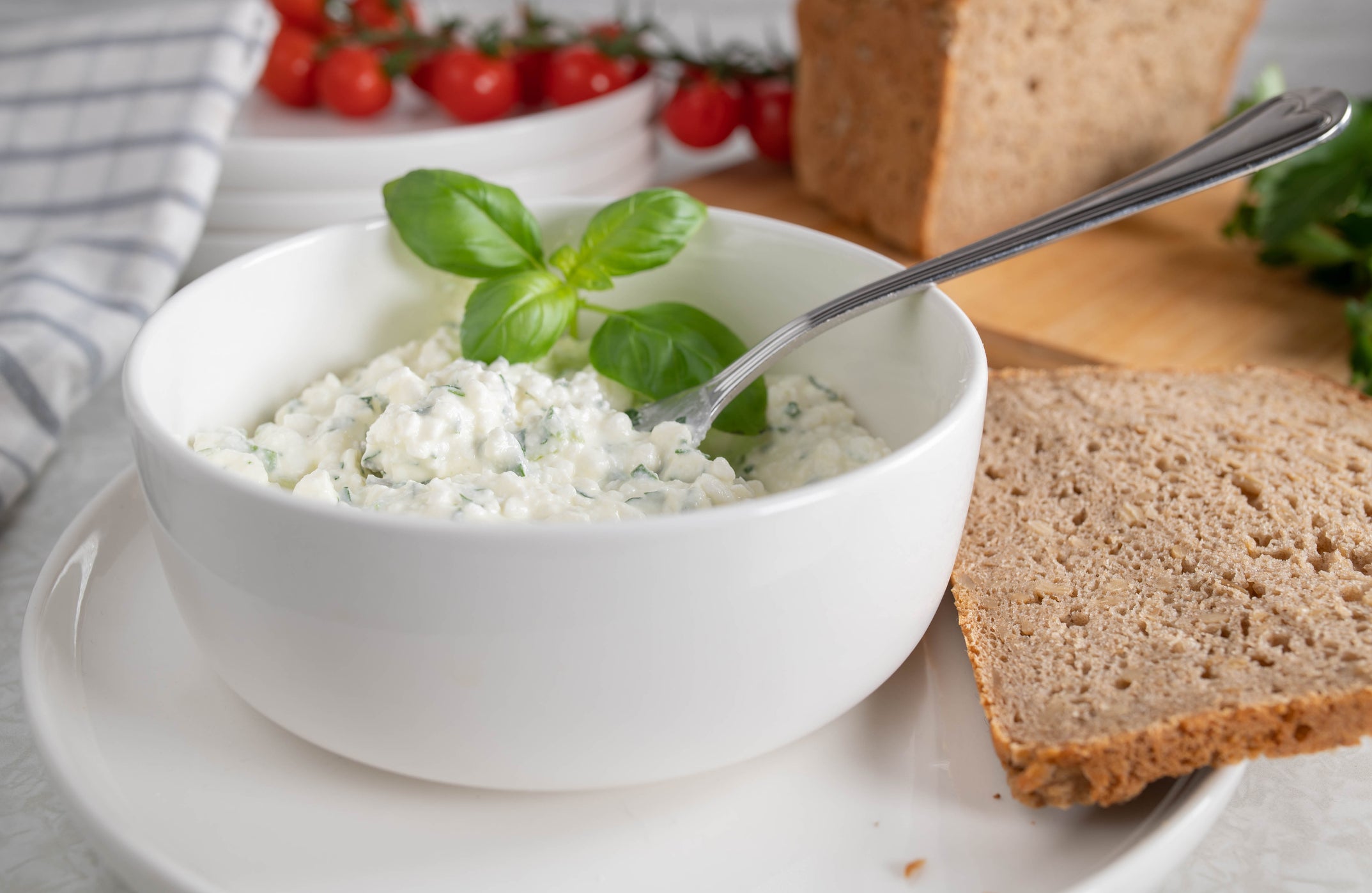Scientists raise alarm over common sunscreen ingredient being found in frozen pizzas and candies
Titanium Dioxide (TiO2) is a synthetically produced substance that is not classed as hazardous and used in a vast range of industrial and consumer goods
Scientists have raised concerns of the effects of a common ingredient of sunscreen being used in foods including frozen pizzas, bakery products, and children’s candies.
Titanium Dioxide (TiO2) is a synthetically produced substance that is not classed as hazardous and is used in a vast range of industrial and consumer goods.
It is found in products including sunscreen, sunscreen, cosmetics, paint, plastics, paper, and wallpaper due to its non-flammable and insoluble properties. It also absorbs UV light, though cannot penetrate through the skin.
TiO2 is also regulated by the US Food and Drug Administration (FDA) as a type of food coloring and used in a variety of FDA regulated foods, including cottage cheese, salad dressing, and brightly colored sweets such as Skittles – so long as the quantity does not exceed 1 percent by weight of food.
In foods that contain TiO2, it will appear on the ingredients label as either “artificial color” or “colored with titanium dioxide”, though it is not required to be listed, according to the FDA.
Though it is currently approved by the FDA in the US, the substance is currently under reviewed following a 2023 petition by environmental groups, which are seeking to have it banned from foods.
In February, California lawmakers advanced a bill to bar foods with titanium dioxide from being served in public schools. The substance was banned by the European Union in 2022.

Several studies in the US have highlighted research that may bolster these concerns.
Chief among the concerns is that TiO2 contains nanoparticles which – due to their miniscule size – can get inside cells and cause harm to internal organs.
An article in npj Science and Food cited studies done in animals that found that consumption of titanium dioxide nanoparticles led to damage to the liver, immune and reproductive systems, as well as DNA.
Other research found that as well as such damage, the particles can inhibit the spread of beneficial gut bacteria.
A study of 35 healthy adults, published in February, found that those with higher levels of TiO2 in their stool also had higher levels of certain gut inflammation. They also had indications of more gut permeability or how “leaky or separated the cells are,” said Dr Kelsey Mangano, lead scientist of the study.
The concern is that chronic increased gut inflammation and permeability could increase the risk of health issues including colon cancer, nutrient deficiencies and the low-grade inflammation, Dr Mangano said.

Other concerns include the effects of TiO2 on children, who typically eat more foods, such as candy, than adults.
Despite this, organizations including the Consumer Healthcare Products Association (CHPA) have opposed a “knee-jerk” ban on the substance, stating that it would have “far-reaching consequences”.
A statement released by the CHPA in August 2023, in response to the FDA announcement of a review of the use of TiO2 described a ban as “unjustified”.
“We strongly urge the Food and Drug Administration to deny the petition to repeal [a section of its regulations], which permits the use of TiO2 in food and dietary supplements,” the statement read.
“While consumer safety is of paramount importance, a knee-jerk ban on TiO2 in food and dietary supplements would be unjustified. Based on extensive scientific research and regulatory evaluations, TiO2 is deemed safe for use as a food additive when consumed within established regulatory limits.
“Furthermore, its regulatory approval, manufacturing oversight, and industry best practices ensure the responsible use of this ingredient. Continued adherence to these safety measures and ongoing research will contribute to maintaining the safety and integrity of TiO2 as an essential food additive.”
Join our commenting forum
Join thought-provoking conversations, follow other Independent readers and see their replies
Comments
Bookmark popover
Removed from bookmarks